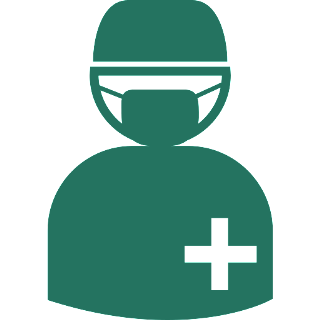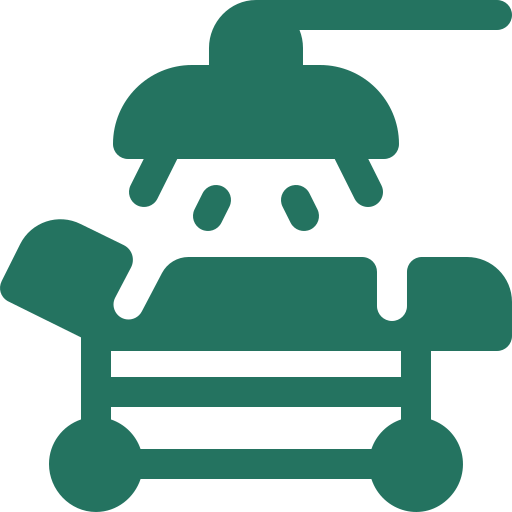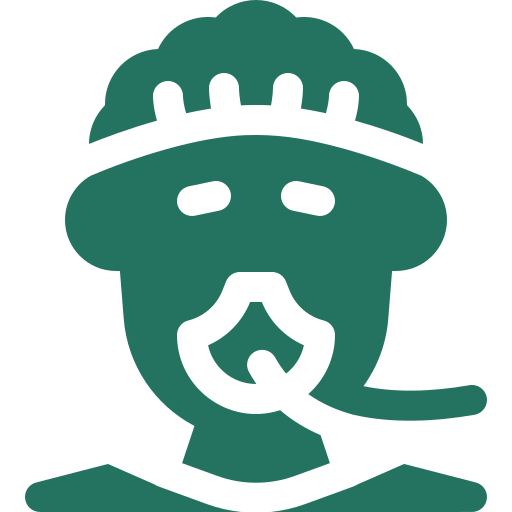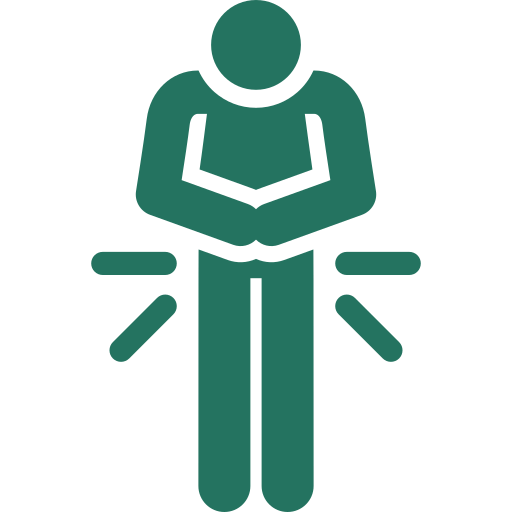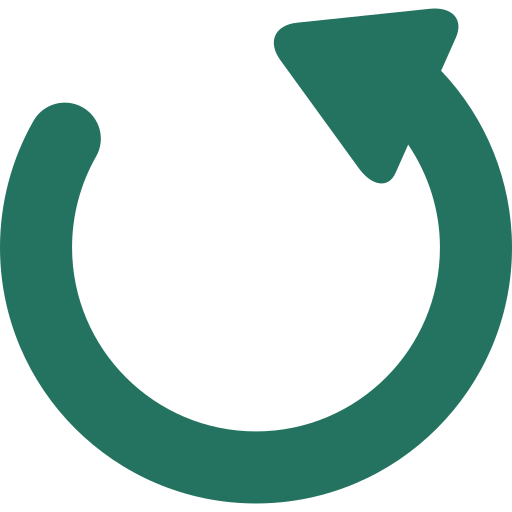FOR ENQUIRIES FILL THE FORM
( OR )
Kolhapur Location


2 Lac + Happy Patients
Best Hernia Hospital in India As Per Google (4.9) ★★★★★
International Excellence Centre for Hernia by Dr John Murphy.
Ultramodern Infrastructure for Hernia
Experienced and skilled surgeons
Topmost Referral Centre for Complex Hernias
Proflor - A New, Innovative Approach for Hernia Repair which is Safe, Quick, Painless day-care procedure. Call Our Expert Doctors for details.
A hernia is a disease where an interior organ ( example: intestine or fat ), gusts out of a sensitive or weak area in your abdominal muscle or tissue.
There are Different types of hernias that can occur in a person. Ordinarily, Inguinal hernias, Hiatal hernias, umbilical hernias and femoral hernia, are diagnosed when body checkups are done by our hernia specialist at HHC Kolhapur. If you consider that you are dealing with a hernia, it’s important that you visit a Hernia surgeon in Kolhapur as hernias do not recover on their own and ignored hernia can produce complexities additionally commencing to hernia strangulation which can be life-threatening.
Hernia can transpire to anyone irrespective of age and gender. As per journals and papers, 1 of 10 people are troubled with a hernia once in their lifetime. Seldom, infants may also be exhibited with a Hernia. Hernia surgery in Kolhapur is recommended and is administered worldwide to millions of hernia cases each year.
Listed below is a concise description of some of the common hernias. Although there are other types too, they are quite rare and beyond the scope of this piece of information
Listed above is a concise description of some of the common hernias. Although there are other types too, they are quite rare and beyond the scope of this piece of information
The diagnosis of hernia is usually a clinical one, which means that your doctor will go through a history of your symptoms followed by a brief physical examination. During this check up she/he may feel the area of bulge by raising your abdominal pressure ( this is done by making you stand/cough ), as this manoeuvre makes the hernia more obvious. In case you have an inguinal hernia, the doctor will feel for the potential pathway by examining along your scrotum.To summarise, in vast majority of cases where there is an obvious swelling in the groin/abdominal area, which increases in size on standing, straining or coughing, a clinical diagnosis of hernia is made and NO TESTS are needed. More challenging diagnoses are best performed by hernia specialists.
The treatment is based on the features of the hernia, its impact on your quality of life, and your general state of health. Treatment options may include observation, use of a supportive device, or surgery. Surgery is the only way to fix a hernia. In some cases emergency surgery is required. The treatment option that is right for you will be based on a discussion between you and your surgeon
Indications for hernia repair surgery include :
A) Laparoscopic Repair
The laparoscopic repair uses small incisions on the abdominal wall through which the instruments are placed into the abdominal cavity. The abdomen is filled with air and the repair is guided by the use of a camera. The hernia contents are brought back into the abdominal cavity and a mesh is secured in place to cover the hernia defect from the inside. The mesh helps to prevent its recurrence. The laparoscopic repair has the advantages of quicker recovery, less pain, and less risk of infection.
B) 3D Mesh Hernia:
A mesh is a supporting structure used to give strength to the hernia repair. It is used to cover the defect and reduce tension in the repair. Tension, otherwise, can lead to the recurrence of the hernia.
The mesh is made of synthetic material such as polypropylene or polyester. Alternatively, the mesh may be a biologic graft derived from animal tissue. The biologic grafts are often used if there is a great concern for infection as they tend to be resistant to infections.
C) Open Repair
The open repair is the traditional approach to hernia repair surgery with an incision made over the area of the hernia. The contents are returned back into the abdominal cavity and the sac is removed. Depending on factors such as the location and the size of the hernia, a mesh is often used to cover the area of the hernia defect. Otherwise, the defect is closed with sutures.
The open approach is commonly used for very large hernias or those that are complicated by factors such as bowel obstruction, infection, incarceration, strangulation, or recurrences.
D) How to know which hernia treatment option should you choose ?
The decisions regarding the laparoscopic vs. open approach hernia repair surgery and regarding use of mesh vs. no mesh will be individualized based on the characteristics of the hernia and the discussion you have with your surgeon.
| Particulars | Open Surgery | Laparoscopic Surgery (HHC) | 3D Mesh Hernia Repair |
|---|---|---|---|
| Cuts | 8-10 cms | <10 mm | <10 mm |
| Scars / Stitches | Yes | No | No |
| Pain | Painful | Virtually Painless | Virtually Painless |
| Infection | Higher Chances | Lower Chances | Lowest Chances |
| Complications | Higher Chances | Lower Chances | Lowest Chances |
| Hospital Stay | 4 - 5 Days | 1 Day | Same Day Discharge |
| Recovery Period | 3 - 4 Weeks | 4 - 5 Days | 2 - 3 Days |
Healing Hands Clinic is renowned as the best complex hernia treatment clinic that helps patients with advanced hernia treatment and infrastructure in Kolhapur to treat hernias to the fellow citizen of India.
Healing Hands Clinic is the only Hernia treatment centre in Kolhapur with a lead surgeon having 10+ years of experience and practice in treating hernia where advanced 3D Mesh Hernia Treatment is provided. Post hernia operation, our team of hernia specialists and experts, under the administration of our well-known hernia surgeon, guides you and supports you till your hernia is treated a 100% via the 3D mesh repair method which ensures that you are free from the hernia.
Healing Hands Clinic is the only hernia centre in India accredited by the National Accreditation Board for Hospitals & Healthcare Providers ( NABH ) and Training centre for Hernia in India licensed and certified by Maharashtra University of Health Sciences ( MUHS). The Centre has trained over 100+ Hernia Specialists across the globe. It is known as a centre of excellence for training doctors from Europe, the Middle East, Asia.
Smoking can lead to chronic cough by irritating your lungs. As discussed earlier, long standing cough can cause hernia. It can also cause the hernia to recur after a surgery. Another factor is the nicotine in the tobacco that causes weakness of the abdominal wall, thus contributing to development of a hernia.
Any surgery carries with it some risks. The most common ones are bleeding and infection. These risks are higher in those with certain medical conditions like diabetes, in smokers, alcoholics and in old age . The chances of bleeding are almost negligible in the hands of a specialist and infection is avoided by judicious use of antibiotics. Another problem with hernia is that it can come back after a surgery. This is called a Recurrent hernia. However, understanding your condition, ensuring any causative factors are eliminated and a repair using the most advanced techniques can significantly bring down the rate of recurrence.
It's like taking a small nap! All you will feel is a small needle prick during your preparation for the procedure. The surgery usually takes about 20 minutes. Occasionally, only the the area with the hernia is anaesthetised and you will be awake and probably having a chat with your doctor!
Anaesthesia will wear off within 2-3 hours after surgery, following which you will gradually be able to move your limbs. Do not take anything by mouth for 4-6 hours after surgery. You can then start with sips of water followed an hour later by a regular full diet, unless advised otherwise ( In a few cases you may need to wait for a day before you resume your regular diet ).As anaesthesia wears off, there may be difficulty in passing urine for the first time. However, this returns to normal and you will be able to pass urine as usual. Mild pain is expected after the surgery which is easily managed with pain-killers.
If your operation is planned as a day care procedure you can go home as soon as the effect of the aneasthetic has worn off, you have passed urine and you are comfortable, eating and drinking. Since a general anaesthetic is used frequently used, it is advisable that a responsible adult take you home and stay with you for 24 hours. At times you may be given a discharge after 24 hours in which case you may need to stay in the hospital for a night. Before you are discharged you will be advised about post-operative care, painkillers and antibiotics.
This time frame cannot be generalised, as the recovery depends on various factors like the type of hernia you have, the extent of the hernia, your general health and medical condition, type of surgery and expertise of the operating surgeon. As you may have earlier read, in most of the surgeries you will be discharged from the hospital on the same day or within 24 hours. In the beginning there may be discomfort during walking, climbing up and down a staircase and during movement. However, this is easily controlled with painkillers and you should be pain-free within a couple of days.
In most of the cases the answer would be 'as soon as you feel you can'. How soon you can also depends on the type of work you do and your normal level of activity. Typically one can return sooner to a sedentary job ( 3-5days ) than one that involves strenuous physical activity or lifting weights ( 4-6weeks ). This question is best discussed with your operating surgeon.
Fever > 101 degree F
Pain not relieved by prescribed medicines
Unusual bleeding
Persistent nausea or vomiting
Healing Hands Clinic,
Kukreja Nursing home,
232 3b 2a, near Telephone Bhavan,
Tarabai Park, Kolhapur, Maharashtra 416003




